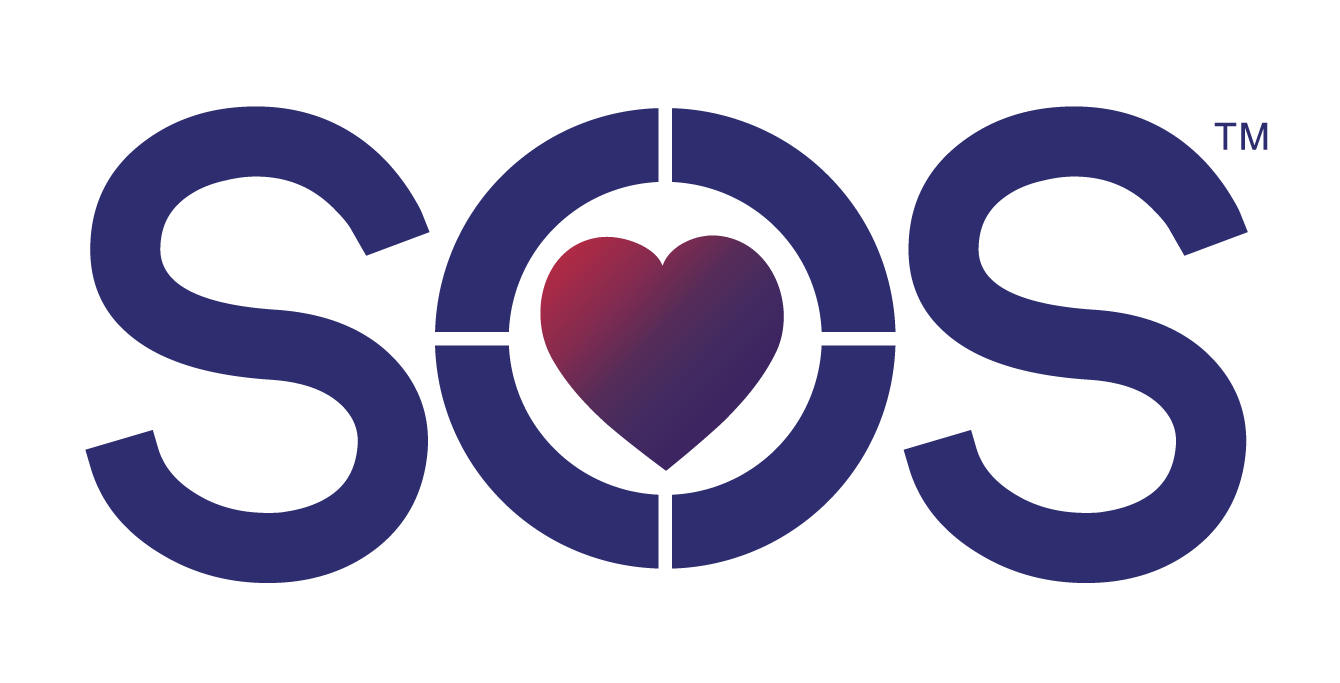What are the COVID-19 SOS Directive options?
In the event of a widespread declared regional, state, or national emergency, such as the current COVID-19 pandemic, a large number of people could become ill and require advanced medical care. This high demand could overwhelm the medical system’s ability to meet the urgent needs in that area. If there are more sick people in need of medical care than available resources, decisions must be made about how to ration the limited medical resources. Possible resources in short supply could include:
Critical care beds where more intensive monitoring and care are given to seriously ill patients.
Certain medications such as antiviral medications, other potentially helpful medications in high demand, or newly developed or experimental meditations or treatments.
Lifesaving equipment such a ventilators or ECMO machines.
If a hospital is not able to give critical care treatment for all of the sick patients who need it, healthcare workers might have to decide which patients will be treated with life prolonging care, and which will be kept comfortable but not receive the scarce medical resource. Making these decisions is very difficult for care givers who have pledged to help people stay healthy and to save lives whenever possible. It is also very painful for the loved ones of patients who do not get the critical care treatment they need to have any hope of getting better.
Some people, due to life experience, religious conviction, moral values, or devotion to help others may be uncomfortable with the thought that they were saved in place of others in such catastrophic circumstances. They might strongly wish for someone else to be given potentially lifesaving treatment in their place. The COVID-19 SOS Directive gives these people the chance to tell others about those wishes with the hope that those wishes can be followed in the case of great tragedy. People who choose to have a COVID-19 SOS Directive would be treated just like all other patients up until the time that they are unable to communicate their own wishes and need lifesaving medical care that is in short supply and that they have listed on their COVID-19 SOS form or wallet card. In that case, the patient could be given palliative, or comfort care, to ease suffering at the end of life, but life prolonging care could be used for others. Like all healthcare directives, a COVID-19 SOS Directive can be revoked or changed at any time if the patient changes his or her mind.
Creating your COVID-19 SOS Directive
If you decide you want a COVID-19 SOS Directive, you need to:
Fill out the form and have it signed and dated by you and your witnesses.
Tell your loved ones and doctors that you have an SOS Directive.

